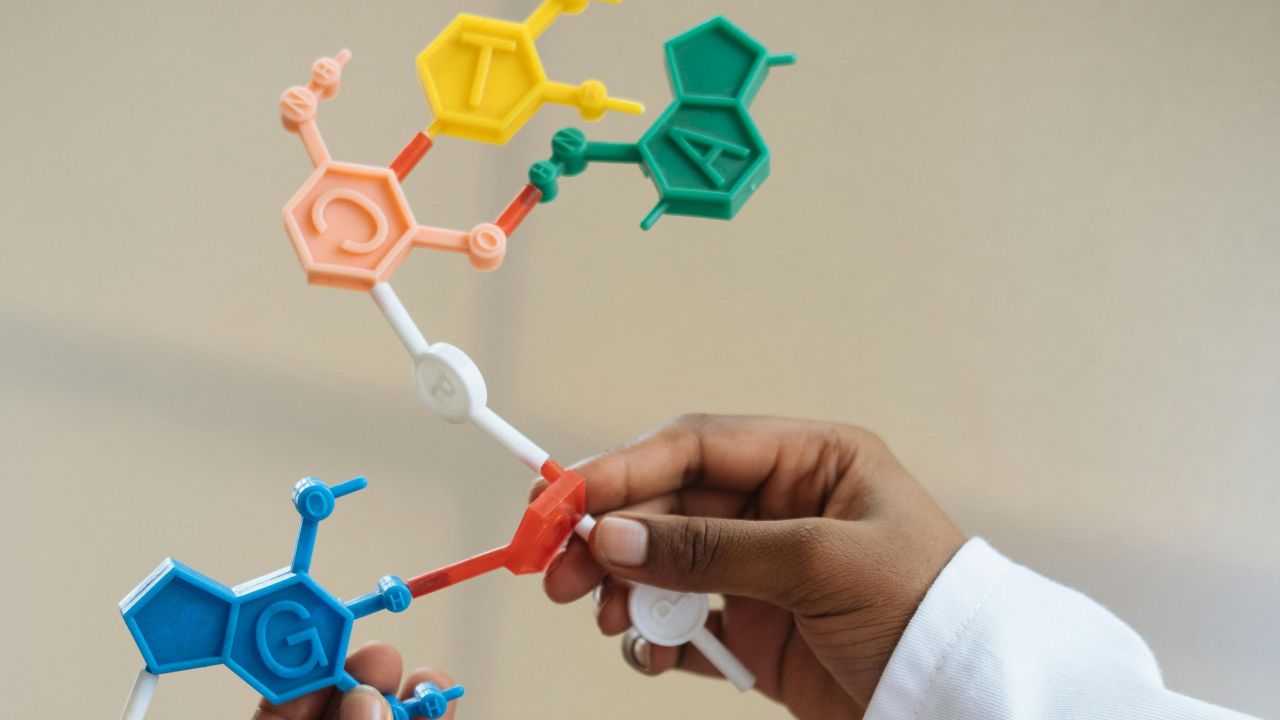Why Do People Test Their DNA?
Four top reasons:
- Ancestry: heritage, migration paths, new relatives.
- Preventive health: cancer or heart-risk markers, metabolism flags.
- Fitness & nutrition: muscle-fiber type, caffeine metabolism, vitamin-D handling.
- Pure curiosity: sleep genes, taste quirks, fun personal facts.
How a Home DNA Kit Works
- Collect your sample: fill a saliva tube or swipe a cheek swab.
- Lab sequencing: SNP chip (~700 k markers) or whole-genome sequencing (WGS).
- Data crunching: algorithms compare markers to reference databases.
- Your report: an interactive dashboard plus an optional ZIP of raw data.
Analysis Types & 2025 Price Ranges
| Type | Data Depth | Main Use | Price |
|---|---|---|---|
| SNP Chip | ≈ 700 k markers | Ancestry, basic traits | $40–120 |
| Exome | all coding genes | rare-disease panels | $250–450 |
| WGS 30× | entire genome | research, DNA vault | $450–650 |
Top At-Home DNA Providers
Note: we have no financial ties to these companies and receive zero commission. Selection is purely editorial, based on market share and feature depth.
- AncestryDNA: largest relative-matching network.
- MyHeritage: budget-friendly, raw-data uploads allowed.
- Living DNA: especially dense ethnicity maps.
- Dante Labs: WGS 30× plus lifetime re-analysis.
- Nebula Genomics: privacy-first, blockchain consent.
Market Pulse & The 23andMe Meltdown
In March 2025 23andMe filed for Chapter 11 after a huge data breach and class-action suits. Founder Anne Wojcicki bought the remnants, but consumer trust took a hit. Even so, the global direct-to-consumer genetics market is still growing nearly 20 % a year—from $2.09 billion (2024) to roughly $2.51 billion (2025).
Privacy Essentials for U.S. Users
Lock down your genome with these five steps:
- Alias email: keep your legal name off the account.
- Instant opt-out: disable research and data-sharing toggles.
- Download & encrypt: store the ZIP locally and encrypted.
- Deletion rights: CCPA/CPRA (and other state laws) let you purge data on request.
- Think twice about uploads: open genealogy sites equal open exposure.
U.S. Regulation 101 (FDA, CLIA, GINA)
- Medical claims: health-risk reports must clear FDA DTC review or be run by a CLIA-certified lab.
- Trait & ancestry kits: sold over the counter; no FDA clearance required.
- GINA (2008): bans health-insurance and employment discrimination, but not life or long-term-care policies.
- State privacy acts: CA, CO, CT and others add extra consent and deletion rights.
True-Crime Databases & Forensic Searches
GEDmatch helped identify the Golden State Killer in 2018. In the U.S. you can opt in to law-enforcement matching. With consent, police can search without a warrant; without consent, they need a subpoena or warrant. Decide consciously before flipping that switch.
DIY: Power-Tools for Your Raw Data
Three favorites among data nerds:
- Promethease: upload ZIP → literature-backed PDF for every SNP.
- YFull / Y-DNA Server: deep-dive into paternal haplogroups.
- DNA Painter: visualize chromosome segments, verify cousin matches.
Reminder: these services may store data overseas. Read the terms and delete your file when you’re done.
DNA Tests for Dogs & Cats
Kits like Embark or Wisdom Panel screen for breed mix and hereditary diseases—a niche growing over 30 % a year. Fun for pet parents—and another sign DNA testing is going mainstream.
What’s Next: Polygenic Scores, DNA Wallets, CRISPR
Polygenic scores are landing in fitness apps, DNA wallets aim to give data control back to users, and some labs already store sequences in anticipation of future CRISPR or base-editing therapies.
Takeaway
Home DNA kits can light up family history and personalize prevention. Balance the thrill with privacy savvy, reg-check, and a reputable provider—then the view into your genome becomes a benefit, not a data burden.

